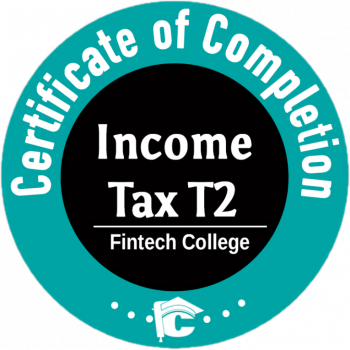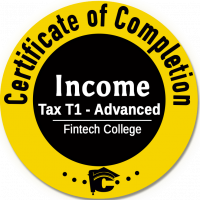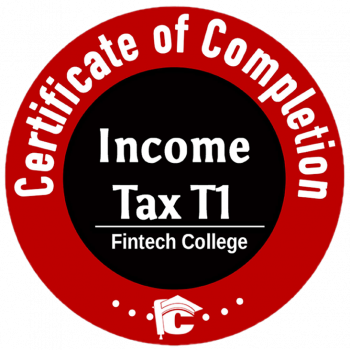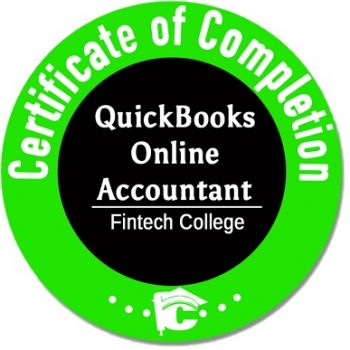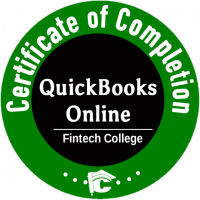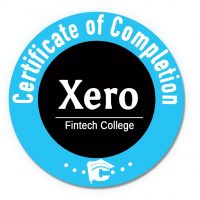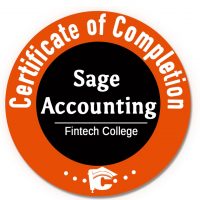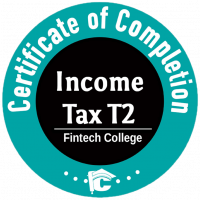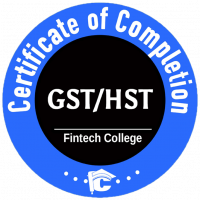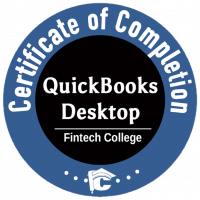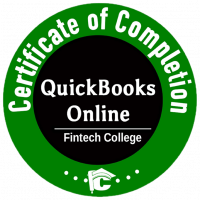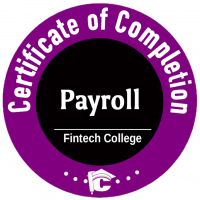Before the Interview

Preparation is essential in being successful in the interview process. Your research will show the interview committee your initiative, interest, motivation, and resourcefulness. Prepare yourself with these 6 steps, before going for an interview:
Confirm the interview information
- It is better to be safe than sorry. Make sure you have the following details right before the interview:
- Verify the details of your interview, ensuring that you have recorded the correct date and time.
- Map out the location and address of the interview in advance to ensure that you will arrive on time.
- Record the names (with correct punctuation) and the titles of the people you will be meeting with and research them beforehand, when possible.
- Ask about the amount of time being allocated for the interview.
No one size fits all, Resume
- Understand the job requirements and be able to demonstrate how your skills and experiences match these requirements.
- One of the most common things that has been noticed, is candidates applying for jobs keep sending the standard resume that is prepared.
- Irrespective of the job title that they are applying for whether it is Bookkeeper, Accounting Technician, Accounts Receivable or Senior Bookkeeper.
- The message here is not to make changes in your qualification or experience but keywords that are used in the resume plays an important part.
- Example, if the job is for Bookkeeper and you are applying for a Construction based business, you want to connect your resume with that industry. You want to mention your skillset that matches the business like there is a possibility of advances from customers received, holdbacks in Construction based businesses.
- If you are applying for a product-based business, generally there will be Inventory and Cost of Goods Sold as mandatory requirements of a business.
Research the position and the company
- Knowing the business / company in advance that you will be interviewed is always helpful.
- Spend some time by understanding nature of their business, products or services they sell, how many employees they have, can help better prepare for interview.
- Example, if you know the business is selling products that would help understanding the type of Bookkeeping the business will have. The business will have cost of goods sold and inventory in their financials.
- In the same, if they are service based business in that case they generally will have a higher accounts receivables against other fixed assets.
Review sample questions, prepare answers and conduct mock interviews
- Practice in the following ways so you can deliver great responses in the real interview:
- Articulate your answers both in your head and out loud before your interview and you will increase your ability to remember your answers.
- Plan and practice your answers as well as your delivery in advance and it will increase your confidence, allow you to articulate more clearly, and will make you overall more comfortable during the interview process.
- Conducting a mock interview can help relieve anxiety and help you feel more confident about your qualifications. Ask a family member or a friend to hold a mock interview with you. Then, rehearse questions you want to practice answering and ask for feedback at the end of the mock interview.
Preparation and Confidence
- Before, attending an interview you should prepare yourself with getting into the nitty-gritty of the business.
- Read the requirements listed by the Employer.
- Have you covered them?
- Are you meeting those requirements, especially with skillset?
- You should be aware of your strengths and your weaknesses (if any). How will you answer the weaknesses in the interview?
- Confidence comes from Preparation. If you are better prepared for an interview your confidence level will be on the higher side.
Prepare what you need to bring
- When you are going to an interview, don’t go empty-handed! Here is what you need to bring:
- Interview details including the address, phone number, and interviewer names.
- The original job posting to review while you’re waiting.
- Additional copies of your resume and cover letter.
- A pen and paper for taking notes.
- Your portfolio and samples of your work, when applicable.
- A list of prepared questions to ask at the end of your interview.
- Your references, neatly typed on a single sheet of paper.
How to decide, what to study? Our Student Success Advisors are ready to help.

